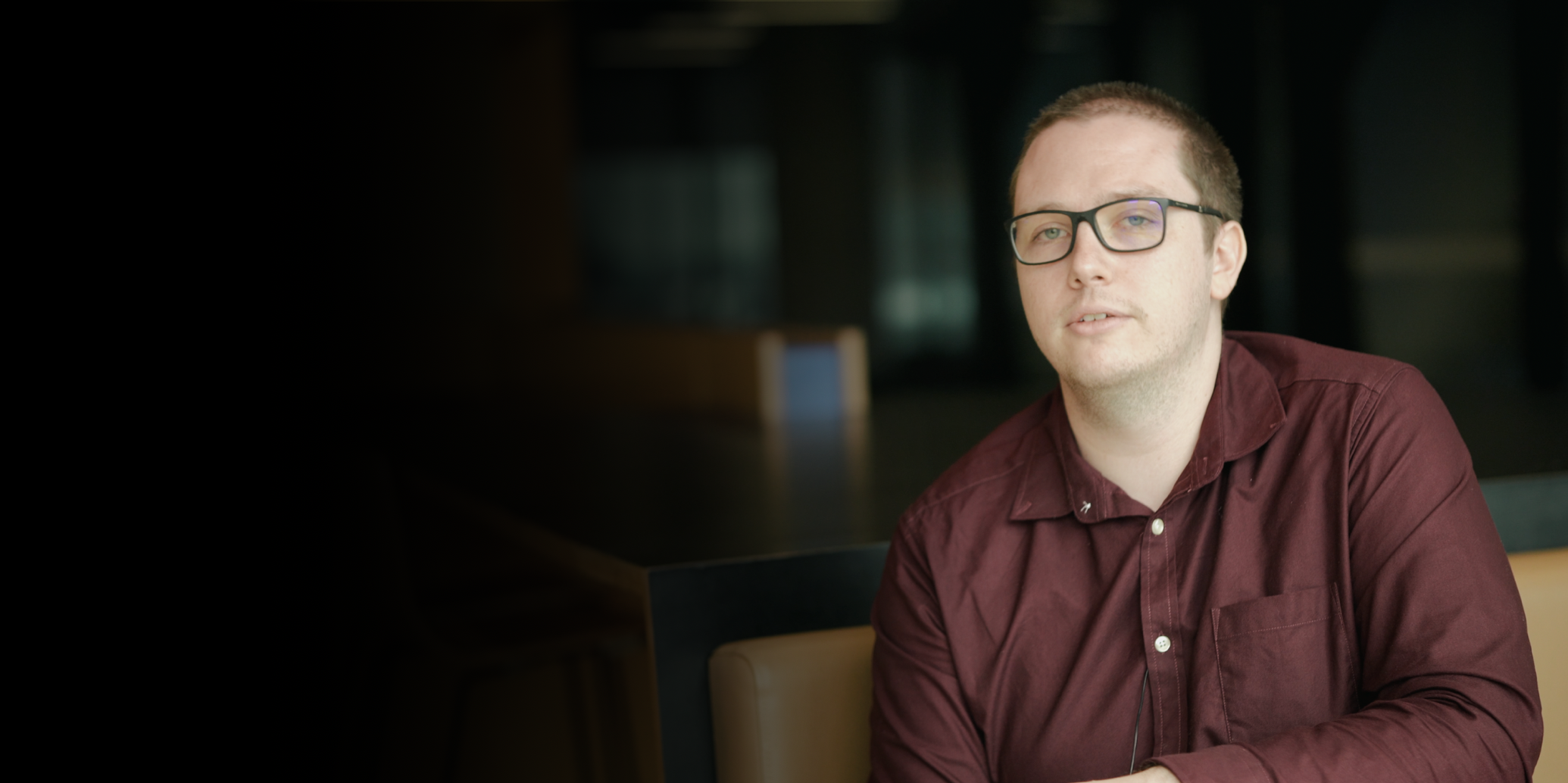
The Partnership Paradox
At this year’s Roundtable, we will not only continue the tradition of celebrating Student-Staff Partnership but also look at our partnership practices through a more critical lens.
Partnership
A collaborative, reciprocal process through which all participants have the opportunity to contribute equally, although not necessarily in the same ways, to curricular or pedagogical conceptualisation, decision-making, implementation, investigation, or analysis — Cook-Sather, Bovill, & Felten (2014, p. 6-7).
Paradox
a person or thing that combines contradictory features or qualities — Oxford Dictionary of English
a statement that contradicts itself, or that must be both true and untrue at the same time — literary terms.net
The Complexities of Partnership
While much of the work we do – focused on curriculum partnership at Western Sydney University (WSU) – has provided opportunities for us to learn, extend our curiosities, to participate, and grow, partnership is also hard, puzzling, challenging, and frustrating. From our reading of the research literature about student-staff partnership, we know we’re not alone and that our questions are shared by others. For example:
“If partnership is so good for staff, students, and our universities, why isn’t it a more intentional feature of our experiences as students? ”
“Why, as students, are we rewarded for taking a transactional approach to our learning when many of us want more connection to our university experience?”
“How can an institution strategically commit to partnership yet our classroom environments feel so didactic?”

As student partners, the paradox in partnership is about finding a place, a ground, a position, a set of values from which to operate and act as we learn and encounter more of these contradictions. We have learned that so many of these paradoxes mimic those that represent contested ideas of the university.
Over the last 2 years, it is precisely because of our curriculum partnership that we have engaged more with the educational politics of our University than we ever would have in our lives as regular students going to class and studying. Yet another paradox. And we now know a lot more about the contexts and conditions our teachers work in as they make decisions about our learning. It’s a lot. In our curriculum partnership with them, we have learned how much we rely on each other for education to be the transformational experience that universities promise. If anything, we have learned how relational partnership really is, and how the conversation is an ongoing one. Partnership under the Spotlight.
While the 2021 Roundtable continues to uphold the wonderful tradition of introducing new colleagues to student-staff partnership by celebrating its multiple forms, practices and contexts, we are also keen to put partnership under the spotlight. We want to draw attention to its shadow-side: the challenges we face, the uncertainties we feel, the encounters filled with misrecognition, and to invite the questions that seem hard to ask. Our focus at WSU happens to be curriculum for now. We know that many of you are engaged in other kinds of student-staff partnership that foreground different topics and priorities. That has always been a strength of the Roundtable and our goal is to build on that.

